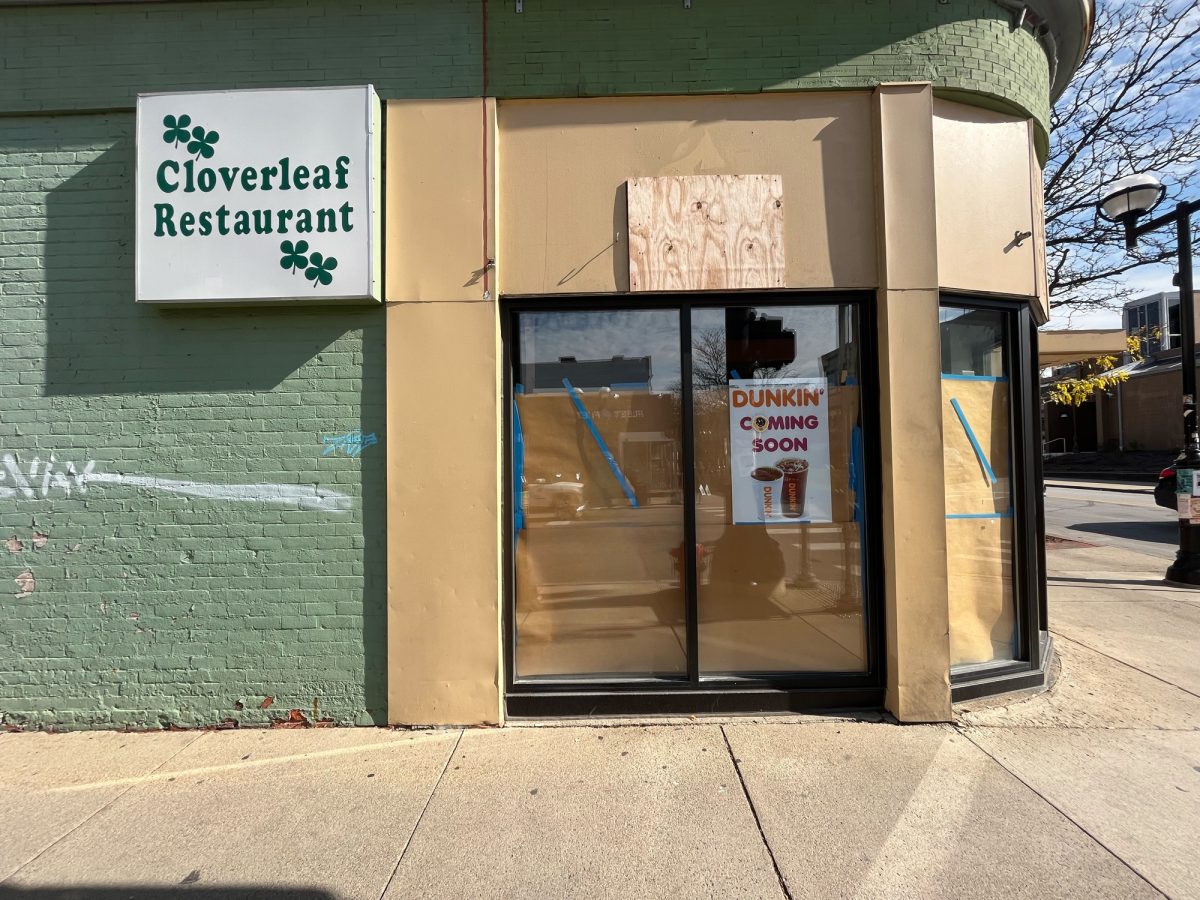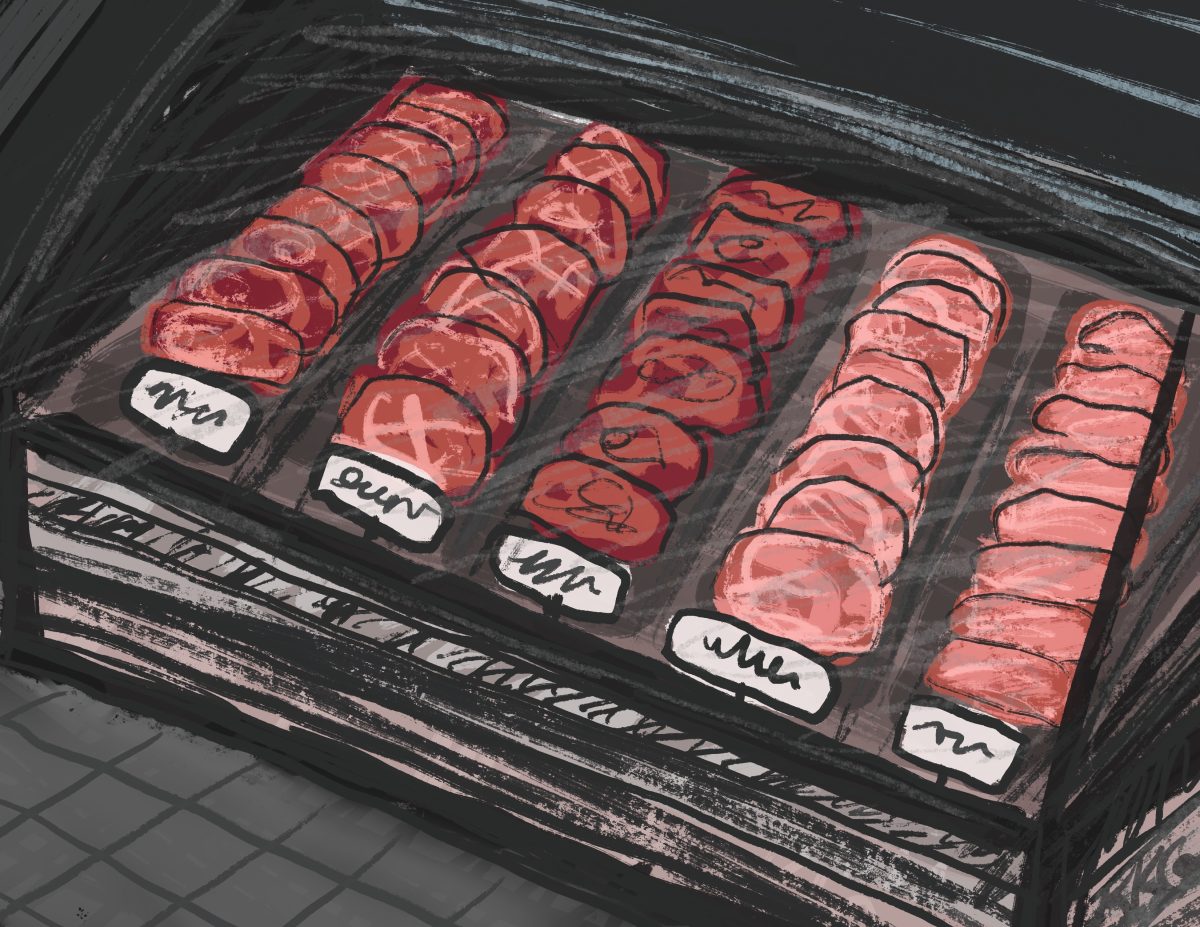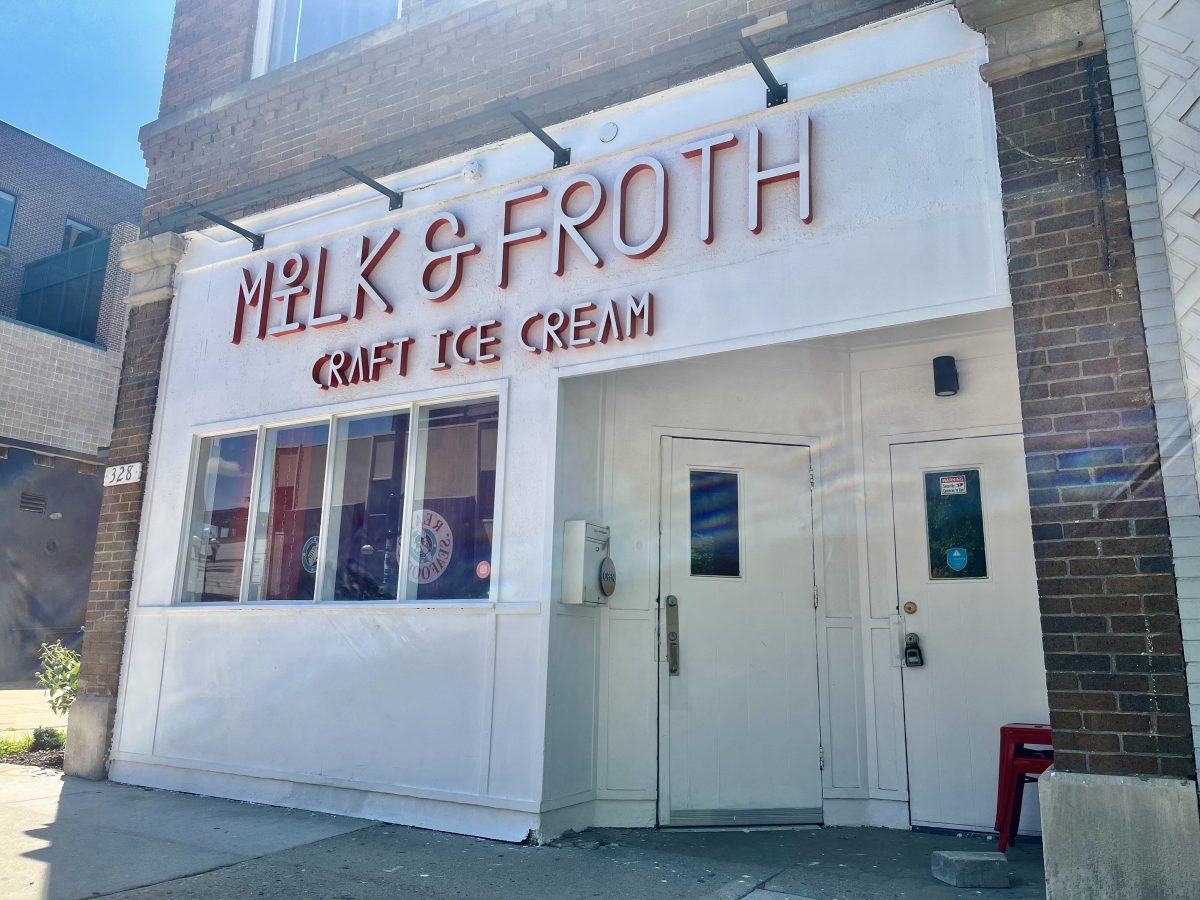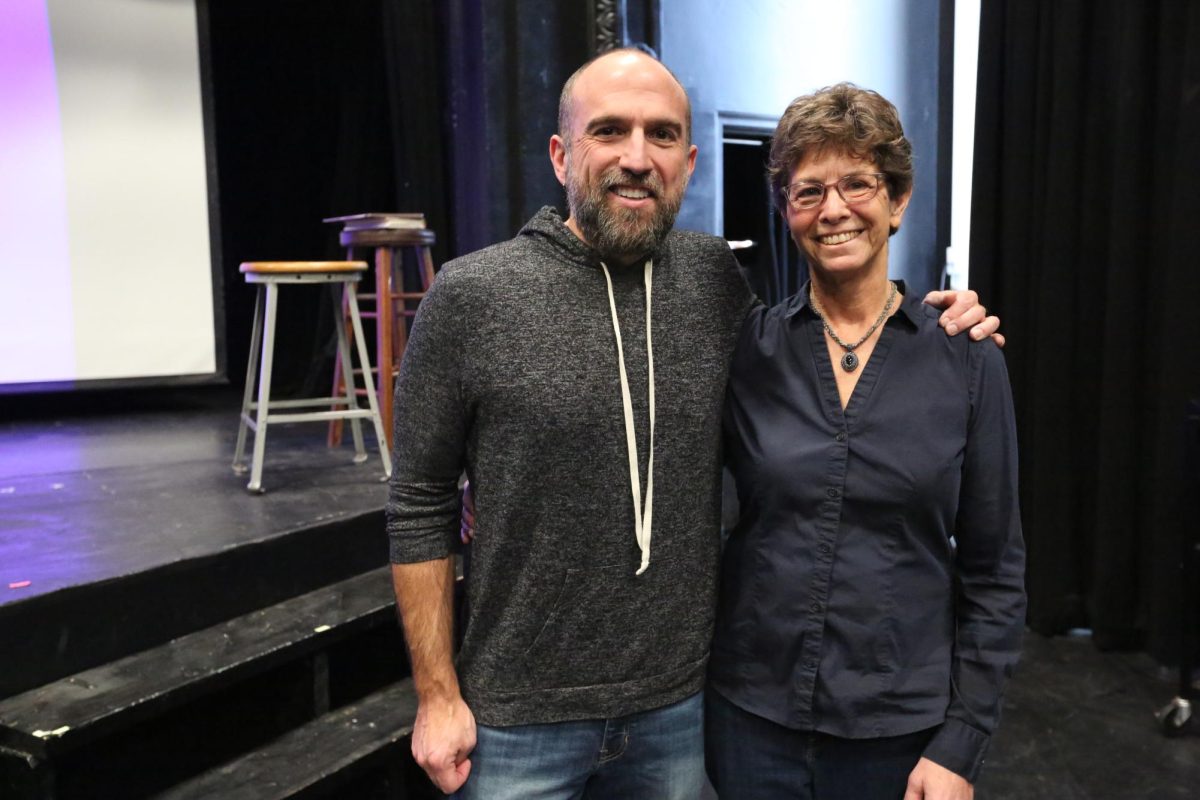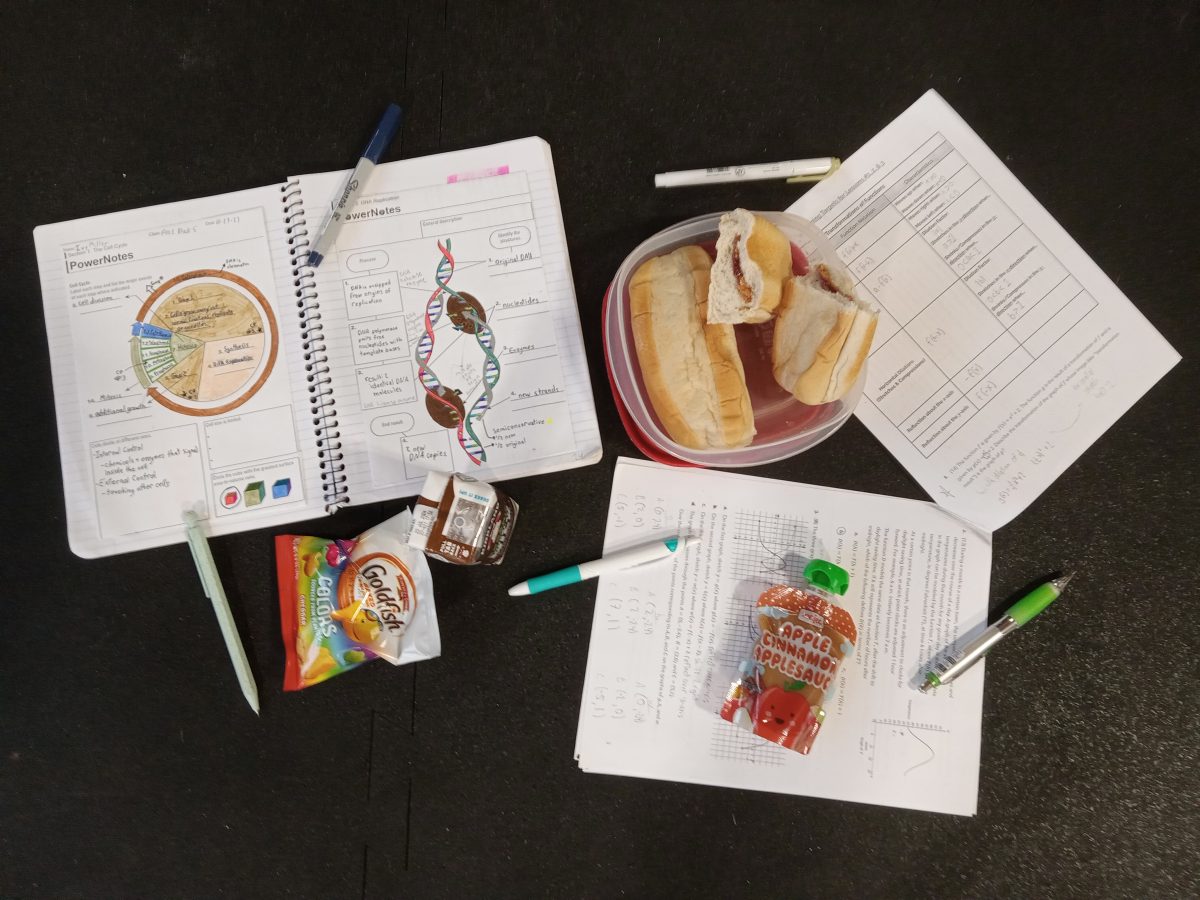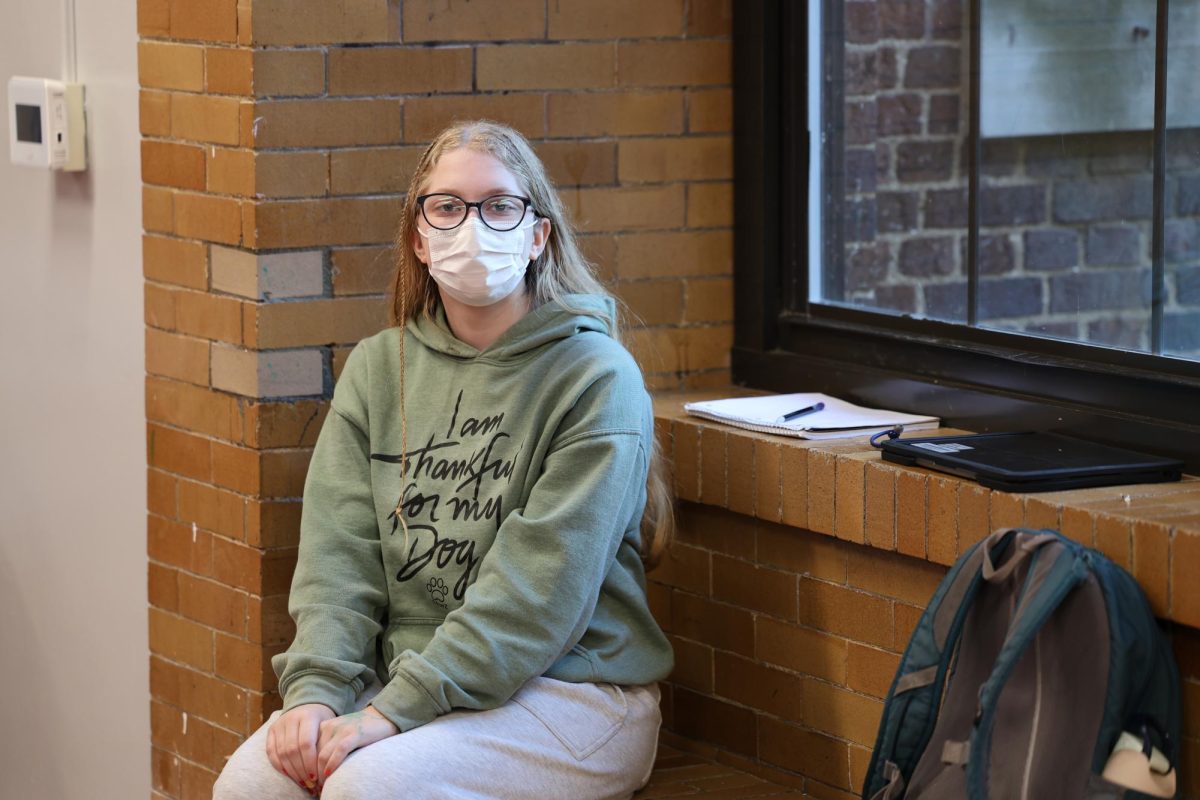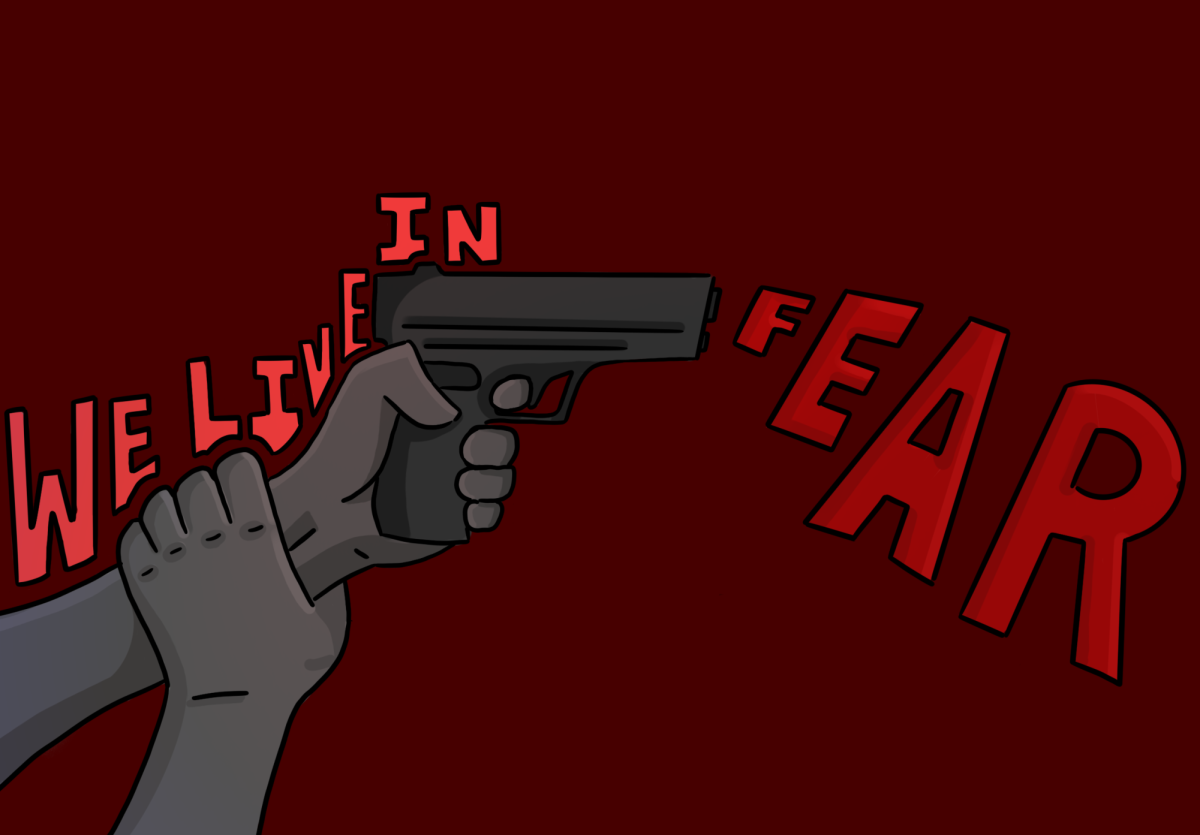The Downtown landscape has undoubtedly changed, between the pandemic, rising rent costs, increasing labor costs, shortage of labor and inflation. Small and local businesses are finding it more and more difficult to operate downtown, causing an increase in empty and vacant commercial spaces that are becoming harder to fill. This has led to landlords electing to rent out large and big box chains. And while some are vehemently against this trend. I see this as an opportunity. An opportunity that might not want to be taken, but needs to be taken: an opportunity to revive Ann Arbor’s Heart.
Three years ago, Target announced it would be opening a new location at the site of the recently vacated Urban Outfitters space at 231 S. State St. The response from locals wasn’t so welcoming and its opening was controversial at best. The Listing Agent, Jim Chaconas had told MLive that they would “only entertain national tenants, and they’ll have to be high-volume ones.” This was to generate revenue during the pandemic with the campus being mostly empty.
The pandemic had seen many long-time businesses close, folding under the pressure of high rents and low profits. Some were disappointed that the space wasn’t given to a local store or restaurant and others thought that the space should be given back to the State Theater. It wasn’t as if this new Target store was taking over a local record store or a locally owned restaurant. No, it was replacing Urban Outfitters, a store that had been at that location since 1989. This location was notably on State St., one of the most gentrified streets downtown. An area that has higher than the already high rent in downtown. Surrounded by national brands. If Target didn’t fill this space, who would’ve?
Now, another big national chain has decided to enter the downtown landscape.
Dunkin’.
Back in late 2021, reports started to spread that a “national chain restaurant” would be moving into the former Clover Leaf Restaurant space on 201 East Liberty. The Clover Leaf restaurant, which had been a staple in the area, closed permanently on Dec. 17. The building owner Micheal Yi announced in late July of the same year that the building would soon convert into a location for the national fast food chain Dunkin’. Signs proclaiming “Dunkin’ Coming Soon!” were plastered on all exterior windows of the former restaurant by the month’s end.
The chain, which will be opening and operating under a franchise group known as OM Group, is currently expected to open in November. The announcement has been met with fears that the presence of Dunkin’ will negatively impact and threaten other nearby local coffee joints. An understandable fear, but I would pose the question: Is one more national chain worse than the alternative? The alternative is empty commercial lots prominent throughout downtown. I would rather have a Panera on every corner before I would want to walk past a row of eerily empty storefronts. And we should do everything in our power as residents and patrients downtown to prevent that from happening. But the idea of settling for nothing, if we can’t replace vacated local businesses with other local businesses, is counterproductive.
Instead, we should be working to make it easier for new and current business owners to choose to open their businesses downtown by offering programs and assistance that would help them succeed. We should not reject the presence of national chains but aim to stifle their growth and presence by stifling the barriers to entry. The additions of Target and the soon-to-be Dunkin’ aren’t horrible developments, if anything, for the future of downtown, they’re actually relatively welcomed developments.
The days of books at Borders and Miller’s Ice Cream are over, and that’s not to say we shouldn’t fight to preserve what’s left. But rather diversify and find a balance, making sure not to engulf small businesses in the embrace of national. Providing lifelines and assistance to businesses that need it. That is how we can protect and stop the influx of national chains. But the presence of these chains isn’t something to fight against, it enhances the downtown scene, keeps businesses innovating and most importantly, provides a solution to the city’s growing vacancy problem.



